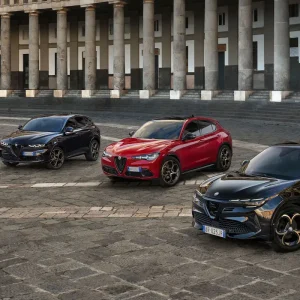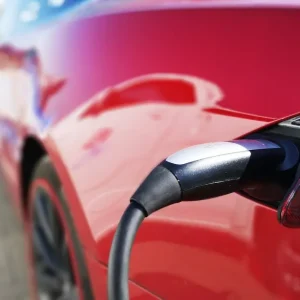Hyundai has admitted its hydrogen ix35 Fuel Cell car is not yet appropriate for the majority of fleets. The firm, which became the first manufacturer to offer a hydrogen car for sale in the UK in May, said it would not concentrate on conventional company car fleets on cost and practicality grounds, instead targeting businesses that are keen to adopt the technology early.
Speaking to BusinessCar, Robin Hayles, sustainable fuel development manager at Hyundai, said: “In all honestly, the car itself isn’t really a practical solution for fleet customers, simply because there aren’t enough filling stations around.
“We’re trying to find companies that will put their money where their mouth is when it comes to this technology.
The cars aren’t particularly cheap [the ix35 Fuel Cell costs £53,105] and neither is the infrastructure there yet, but when you’ve got a company willing to put money in then it should be applauded for it. We don’t normally try and approach fleet managers because it’s not a realistic mass-market option yet, so those types of customers don’t necessarily understand the benefits.”
Organisations operating the vehicles include Transport for London, hydrogen specialist Air Products, and mining firm Anglo American.
“TFL’s cars are getting a pretty harsh life, which is kind of what we want because we can see how they stand up to it,” added Hayles. “[They are] operations vehicles for the hydrogen bus fleet and they’re being bounced up kerbs and driven hard all over town, so it’s not just a showcase for CSR messaging. Air Products have got one that’s gone into their general pool car fleet to be used by anyone in the business to get from A to B.
“It’s just a case of identifying who the end users are. If you look at areas like the construction industry, the car can actually count towards carbon-reduction schemes, so it’s case of looking at the additional benefits the technology can bring.”
Hayles said hydrogen filling stations were due to increase in number, including three more in and around London by the end of the year, an additional seven stations in the next 12 to 18 months as part of a project by the Office for Low Emissions Vehicles, along with nine mobile stations.
He added that future fuel-cell vehicles would likely include range-extenders, too: “[A hydrogen vehicle] is basically an EV when you look at the running gear. I can very easily see a future for a fuel-cell range-extender – one with batteries for use in a pure-electric mode as well as a pure fuel-cell mode – a car that can do both, kind of like a Vauxhall Ampera. There’s no reason why we couldn’t have the same type of platform with a fuel cell





